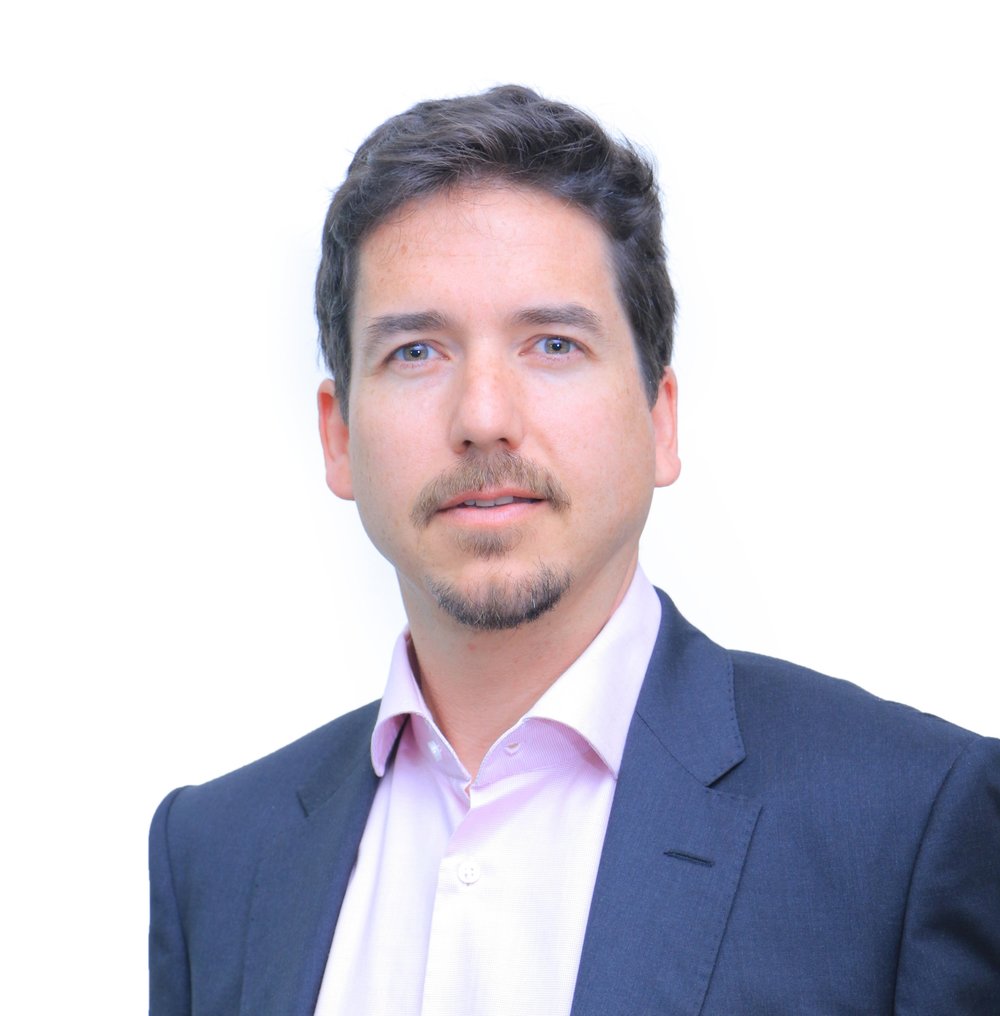advertisement
First Brick Holdings to accelerate digital transformation across EA with data centre investments
First Brick Holdings, a Roha Group company, today announced plans for multiple investments to boost the digitization of East and…

First Brick Holdings, a Roha Group company, today announced plans for multiple investments to boost the digitization of East and Southern Africa with the funding, and development, of several data centers across the region.
These data centers will open up new opportunities for financial services, governments and small to medium enterprises (SMEs) by addressing their mission-critical needs for data storage, business continuity and disaster recovery and create a network of data centers able to accommodate international and regional customers in state-of-the-art facilities
“Economic growth in East Africa is averaging between 5-10 percent across the region. When combined with parallel trends in digitization and content consumption, we are seeing annual data usage and associated storage requirements increasing by 20-30 percent,” commented Robert Mullins, Executive Director at First Brick Holdings. “From mission-critical enterprise services to egovernment initiatives, the digital transformation of East Africa is being held back by the lack of secure, scalable, reliable, low latency data storage solutions. By leading investment in, and development of, data centers in the region, we are unlocking this latent demand in the market and removing a significant barrier to the continued digital transformation of this exciting and vibrant market.”
First Brick Holdings’ initial investment is in Uganda, where the digital economy is accelerating at such a rate that there is an immediate requirement for facilities to store and process data safely and securely.
advertisement
Raxio Data Center Ltd. (“Raxio”) is delivering Uganda’s first state-of-the-art Tier III, carrier-neutral data center in the Namanve Industrial and Business Park. Due to open mid-2019, the data centre will have capacity for up to 400 racks, delivering 1.5MW of IT power.
The Raxio Data Center will be a key pillar to Uganda’s digital economy, reducing the cost of connectivity in the country and attracting global cloud service providers, content distribution networks and regional carriers.
“Data centre installations in East Africa are lagging behind other emerging economies, despite the region facing similar underlying trends in terms of the growth of data usage and storage requirements,” said James Byaruhanga, General Manager, Raxio Data Center Ltd. “Businesses in Uganda are seeing their data requirements become increasingly more sophisticated and subject to data sovereignty compliance rules that necessitate local data storage and processing. These dynamics, coupled with the expansion ambitions of some of the world’s biggest companies who are either already active in or looking to expand into the East African market, is driving the commercial need for data centers.”
advertisement
The desire for fast, affordable and safe digitization in Uganda is reflective of a broader need for data center installations across East Africa. First Brick Holdings plans to invest in several more facilities across the continent, expecting five Tier III data centers to be live by 2022. With a total project investment of approximately $50 million, First Brick Holdings will address the latent demand for data center infrastructure in various local markets.
“Our commitment to invest in this much-needed infrastructure is a fantastic opportunity for all players in the digital economy, lowering the overall cost of storing data and of operating increasingly complex and mission critical IT equipment. These state-of-art facilities will also serve as enablers, bringing access to local cloud computing closer to enterprises, and content closer to consumers,” concluded Mullins. “Not only that, but it will also contribute significantly to skilled job creation and tax revenue generation. East and Southern Africa is primed for these data centers and they will allow the region’s businesses to better compete on a global level.”